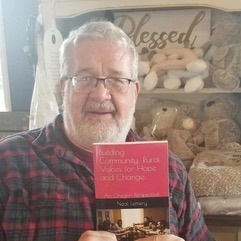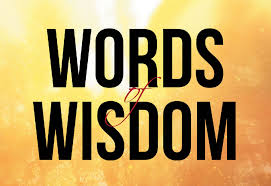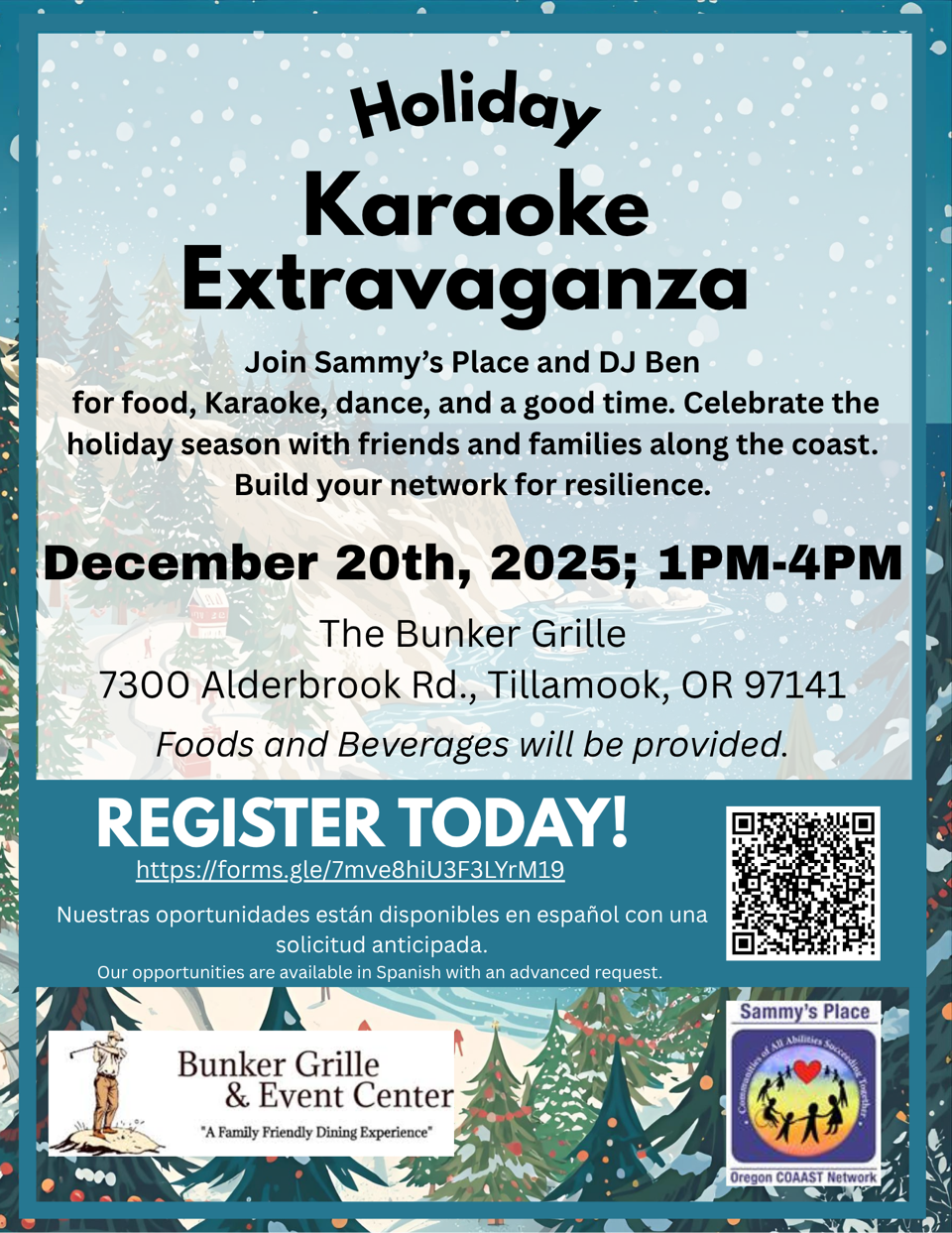 By Neal Lemery
By Neal Lemery
We are emerging into new times, new opportunities. How are we going to take advantage of all of the possibilities?
The end of the pandemic restrictions is not going to be a return to normal, “the way it was”. So much has changed, and we are challenged to adapt, to take the lessons learned, and to move ahead into our changed society.
No longer is education only going to be based on in person learning. Many of our work environments now embrace working from home. We are adapting to a variety of virtual learning, work, and participatory experiences, allowing us to be productive in so many ways. We are no longer constrained by geography, but rather by our ability to take advantage of the many ways we can interact, to learn, and to produce value in our lives.
We have rediscovered the importance of personal relationships, and the value of social interactions at every level.
Children in my neighborhood joyfully interact in small groups, guided by parents and neighbors who have become experienced in the teaching arts. Educators are seen again as masters, gifted in the rearing of our kids. Students are able to access a variety of learning styles, and are discovering how they can better acquire and master the knowledge they need in this changing world.
Now, we cherish social interactions, and the benefit of collaboration and access to public health services. Health care has greatly advanced in the last several years, incorporating the principles of evidence-based research and the development of preventative measures, such as vaccines and universal access to new treatments and methodologies. We have been reminded of the benefits of access to quality health care.
We now plainly see the benefit of community-wide access to the internet, and how each child, each adult, benefits from both technology and one-on-one teaching.
“If there is going to be change, real change, it will have to work its way from the bottom up, from the people themselves. That’s how change happens.” — Howard Zinn
We need to take advantage of all of these changes, and the challenges that have forced us to re-evaluate how we’ve managed in the past, and how we want to live in the future. It is up to us, from the grass roots up. My renewed interest, thanks to the pandemic, in gardening, baking, and in communicating one on one with friends and family on a deep level, has made me more connected, more involved, and more attentive to what really matters in my life, as well as the life of our com-munity. I see technology as a tool to advance my humanity, and not the end result of my use of it.
We’ve learned that the social institutions and customs that really work, that really improve lives, deserve our attention and require our energies so that they can thrive. And, the old ways and institutions that don’t serve their purposes anymore, need to be left behind, making room for what does work, what really makes a difference.
We’ve learned that the personal touch, going the extra mile with someone, in an intimate and sensitive approach, is profoundly effective. There’s a rise in entrepreneurship and ingenuity. Creativity is blossoming and is finding room in our changing economy. In that, our true core values are being honored and advanced. Individual talents are being nurtured and admired. Quality family time is seen as essential to a happy life and a productive society.
We are now surrounded by lessons in collaboration. Our differing observations and opinions are really just different expressions of our many common values. Our vocal, often strident debates on what we think are fundamental differences, are really just conversations on how best to advance our common community values: the power of meaningful choices, the value of an individual’s contributions, that differing viewpoints can advance the common good, that a person’s individuality, their uniqueness, is a highly cherished asset to society.
We have more in common than our divergent, often strident, views. We’re learning the lessons of being good listeners, and learning from a different point of view. From those conversations, we can move closer to finding the truth, and taking action steps that truly address the problems we all face. We need to keep asking “what is the common good?”
If we look at our differences as a process of education and personal growth, and to truly strive for finding the truth in a choppy sea of propaganda and misinformation, we all can work towards improving society, and having respectful, meaningful debates. Each of us needs to be less attached to the idea that only I know the truth, only I am the holder of the correct answer. Then we can truly be lifelong learners and be part of the solutions, be an agent of positive change.
A healthy democracy requires that we take less ownership in what we think is the unbridled truth, and be willing to accept that there is more to learn, there is more to be discovered. And, perhaps, I can even admit that I don’t know all the answers, that the real truth is awaiting all of us in this journey. This awareness of the dangers of ego-based opinion holding is one of our big lessons from these challenging times. These are good lessons our kids need to learn from us.
Technological advancement is now being seen as not the end result of our labor, the “end all and be all” but as a toolbox to further our human values, our relationships, and as a way to provide even more opportunities for learning and happy lives. We are learning that technology is not our master, but our servant.
And the good change, the needed change, comes from each of us. We’ve all been in school these last two years, learning and relearning some of the basic lessons in life, and contemplating the wisdom of some of our beliefs and our institutions. If we act differently, then our lives can be changed, hopefully for the better.

Books: NEW book – Building Community: Rural Voices for Hope and Change; Finding My Muse on Main Street, Homegrown Tomatoes, and Mentoring Boys to Men


